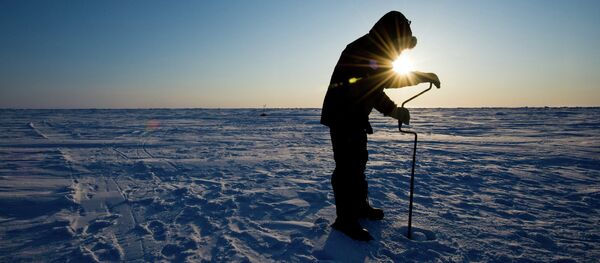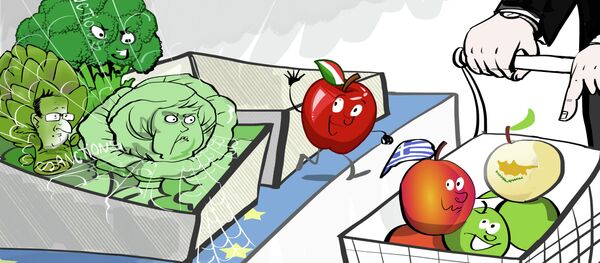"We must accept that Russia is and will continue to be a great power, which seeks to interact with all members of the world community as a great power," the journalist noted.
Ruud explains that when Russian President Vladimir Putin accepted Crimea's request to join the Russian Federation last year amid the political fallout over Maidan, the leadership had, "in its view, significant military-strategic and political grounds for doing so."
Ruud explains that in the situation which had developed in March 2014, Russia had two options: to bring Crimea into Russia, "reconciling with the short term negative consequences the country would have with the international community," or to engage in a hopeless dialogue "with Ukrainian authorities and with the NATO and EU forces which backed them." The journalist argues that Putin clearly understood that "the second option was completely unrealistic."
Exaggeration of Russian Threat Lead Only to Economic Losses
The journalist states that amid statements from Norwegian political figures about Putin's "aggressive isolationism," the "representatives of business circles in Norway and Western Europe continue to suffer substantial economic losses due to the anti-Russian sanctions." He recommends that political leaders offer some "concrete options" for ending the deadlock over the Crimean issue, non-negotiable for Russia, rather than allowing it to fester further.
Ultimately, the journalist believes that what the West needs is "to understand and respect the Russian people, and to search for the fastest ways to a peaceful and constructive coexistence in Europe."





